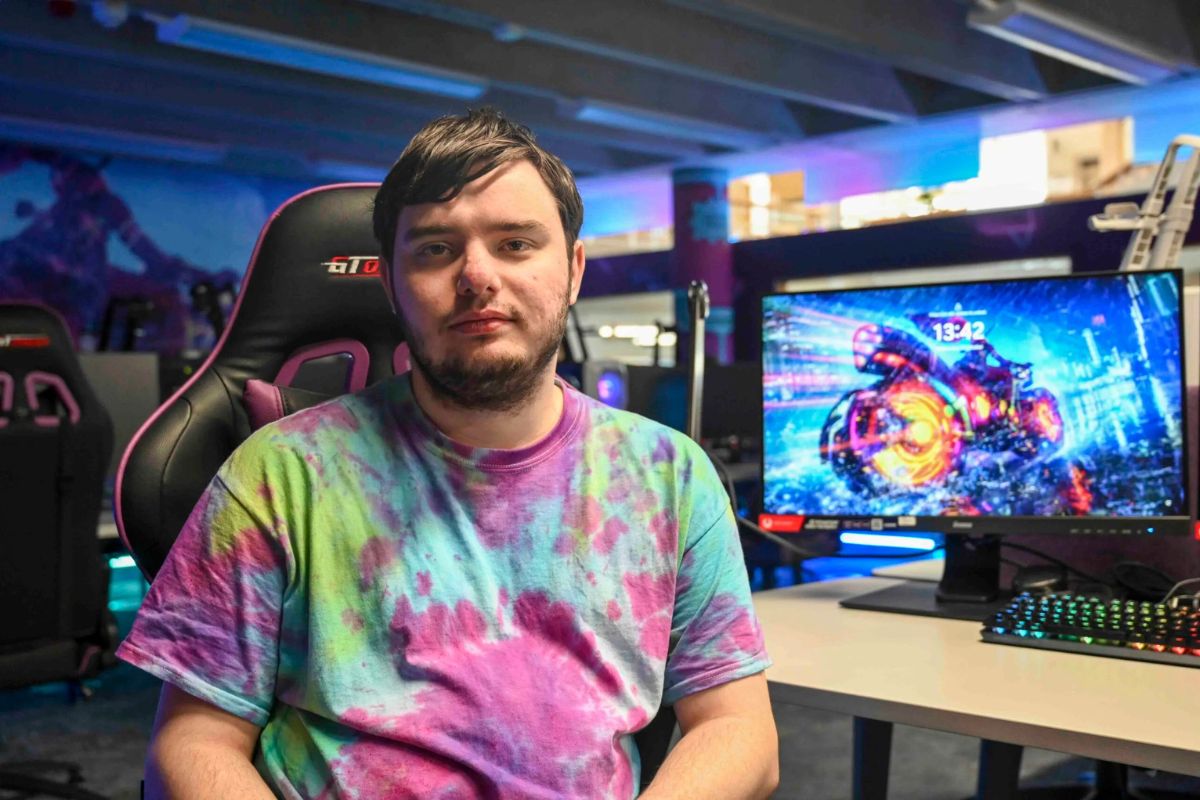International network of individuals and institutions are working together to promote research and education in complex systems science and in integrative sciences

New @FutureLearn course on COVID-19: Pandemics, Modelling, and Policy from @UNESCO UNITWIN Complex Systems Digital Campus
The UNESCO UNITWIN Complex Systems Digital Campus (CS-DC), an international network of individuals and institutions working together to promote research and education in complex systems science and in integrative sciences, has developed a course on COVID-19: Pandemics, Modelling, and Policy, with support from The Open University, available to join now on leading social learning platform, FutureLearn.
With the world in the grip of the coronavirus pandemic, there has been a surge of interest in scientific modelling of the outbreak. UNESCO UNITWIN CSDC’s two week course explores the role that forecasts and computer models play in predicting the spread and severity of pandemics such as COVID-19, and looks at the social, economic and political factors which can affect this.
COVID-19: Pandemics, Modelling, and Policy covers the currently accepted facts and statistics of COVID-19, such as the incubation period, recovery time and basic reproduction rates. The course explains how policy makers must deal with conflicting scientific evidence, teaching learners how to model the COVID-19 pandemic using computation methods and evaluate reports used to guide policy.
The course is designed for anyone wanting to make sense of the conflicting modelling information around COVID-19. This includes scientists, health professionals, policy planners, or members of the general public.
Helen Fuller, Global Healthcare Lead at FutureLearn, said:
“During this time of uncertainty we are delighted to be partnering with UNESCO UNITWIN CS-DC to provide a course designed to help make sense of what can be an overwhelming amount of often conflicting information. At FutureLearn we continue to work closely with our partners to deliver vital expertise in a globally accessible format, providing professionals who deal with COVID-19 in their work life as well as concerned citizens, with the necessary information to navigate these unprecedented times.”
Jeffrey Johnson, Professor of Complexity Science and Design at the Open University & Vice President of the UNESCO UniTwin Complex Systems Digital Campus, said:
“We have developed this course to help demystify the kind of modelling done to support policy makers manage a crisis such as COVID-19. Although it can get technically complicated, the basic mathematical and computational models for viral infection are accessible to everyone. We hope the course will enable participants to better understand the discussions of the pandemic on the media, better understand how scientists and politicians can work together, and feel better informed about how they and their loved ones can respond.”
Here at FutureLearn, our purpose is to transform access to education. We do that by partnering with over a quarter of the world’s top universities to support over 11 million learners across the globe to develop skills and achieve their personal and professional goals. We’re a leading social learning platform founded in December 2012 by The Open University and are now jointly owned by The Open University in the UK and The SEEK Group. We use design, technology and partnerships to create enjoyable, credible and flexible short online courses and microcredentials, as well as undergraduate and postgraduate degrees. In addition to top universities, we also partner with leading organisations such as Accenture, the British Council, CIPD, Raspberry Pi and Health Education England (HEE), as well as being involved in government-backed initiatives to address skills gaps such as The Institute of Coding and the National Centre for Computing Education.











Responses